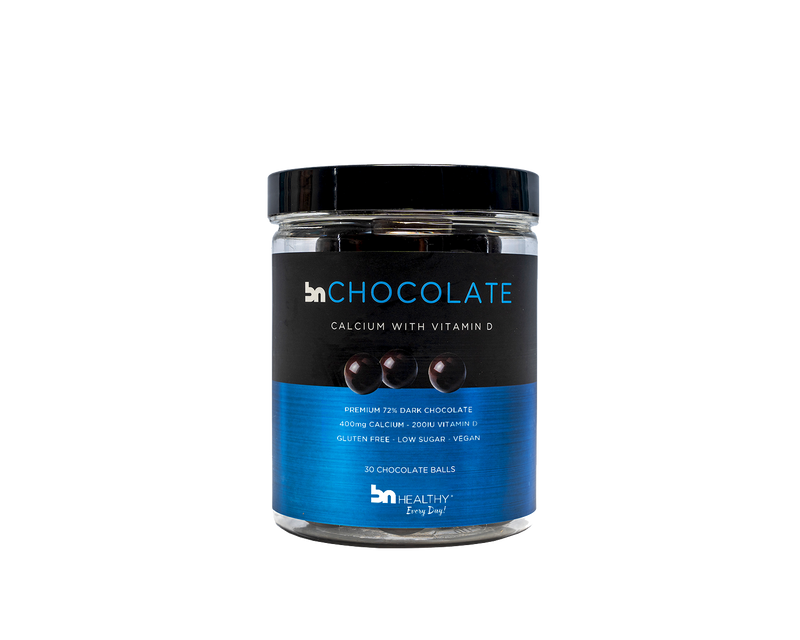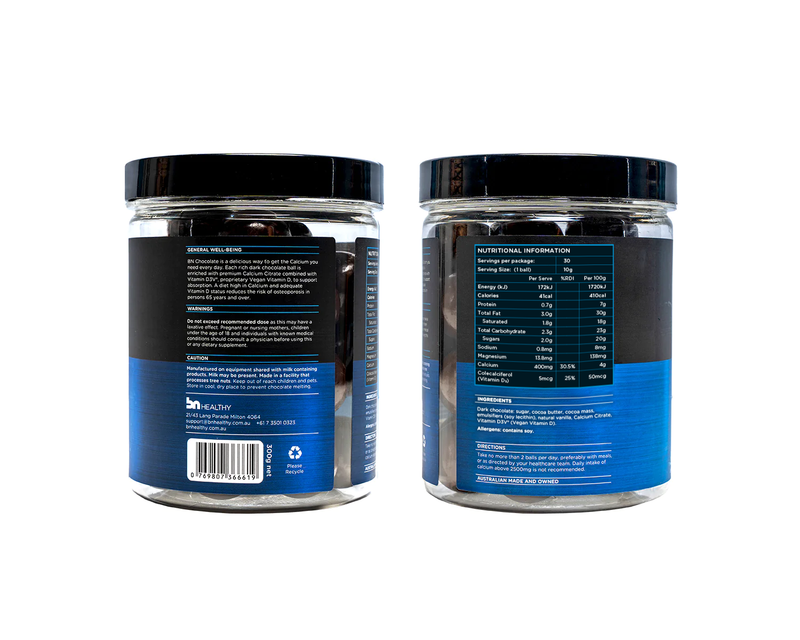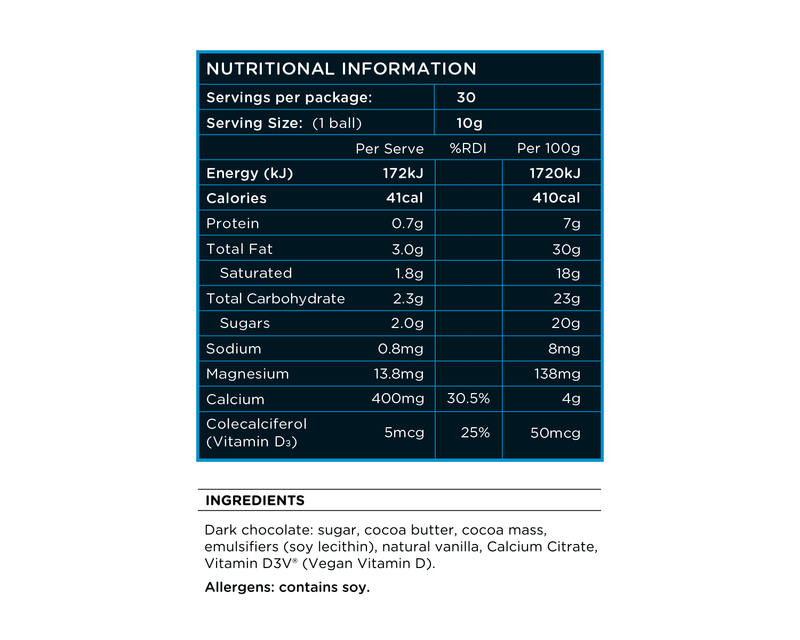The Importance of Protecting Your Immune System After WLS

We all thought 2020 was the only extraordinary year we would have, but here we are in 2021, and things are still looking and feeling a little uncertain.
So, of course, it’s paramount for us to take extra care of ourselves and others by implementing all the health advice offered around social distancing and sanitising our hands
. And the good news is, there’s so much we can do for ourselves to make sure we have all our nutritional “ducks in a row” so that we are best equipped to remain in good health whatever comes our way. Our immune system is the first line of defence against bacteria and viruses in the environment.
The efficiency of your immune system relies on several things. The key to fast recovery from invasive bugs and viruses is your immune health.
First is healthy skin, which acts as a barrier against letting things pass into our bodies. If the skin is broken or irritated and microbes gain access to our body, our immune system then kicks in to combat it.
Signs of poor immune health:
What impacts immunity?
Which nutrients impact immunity?
What can I do to protect myself?





